The first installment of the Ecojustice Avenger series:
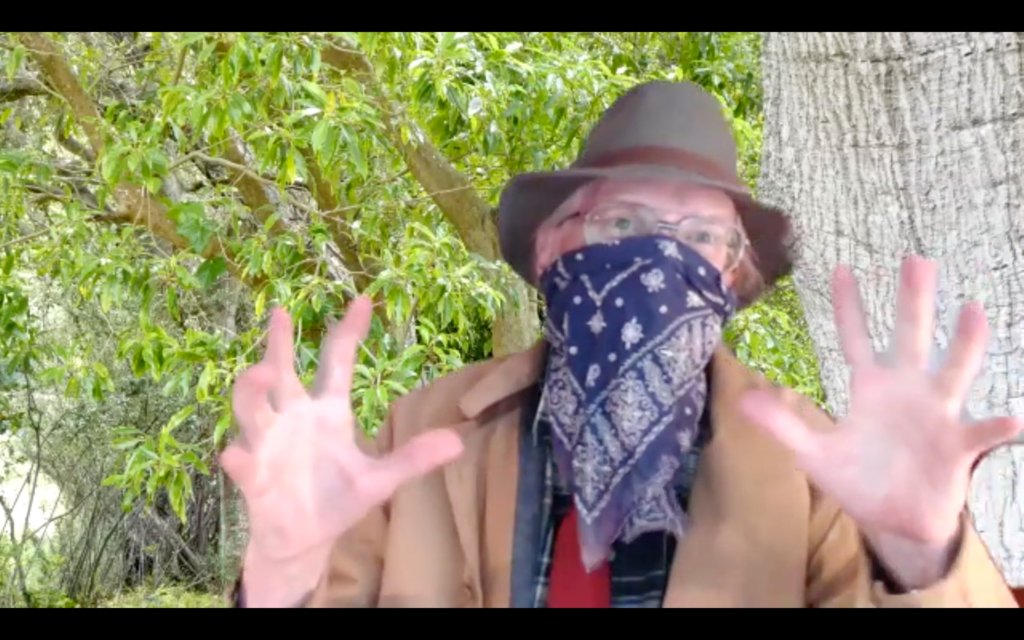
Yet Another Unitarian Universalist
A postmodern heretic's spiritual journey
The first installment of the Ecojustice Avenger series:

The Unitarian Universalist Association (UUA) posted a notice today recommending that Unitarian Universalist congregations should consider NOT opening in-person meetings before May, 2021. You can read the recommendations here.
I’m glad the UUA has issued these recommendations. I had already come to most of the conclusions outlined in their recommendations. I’ve been trying to figure out how to gently break it to lay leaders and congregants who are already feeling weary of being stuck at home, already getting tired of Zoom meetings, that we really won’t be able to meet in person until there’s an effective vaccine and/or an almost universally effective treatment with incredibly robust contact tracing in place. Which means most likely no in-person meetings for at least another year — maybe longer in some areas.
The only thing I’d quibble about in the UUA recommendations is this statement: “It is the UUA’s strong recommendation that congregations plan for ongoing virtual gathering and operations through May 2021.” I would have added the phrase “at least” before “through May, 2021.” I don’t think there’s any guarantee that we will be able to resume in-person meetings by the end of May 2021; human beings are really good at false hope, and I wouldn’t want to encourage that human tendency.
That minor quibble aside, the recommendations are quite well done, especially in how they recognize that different congregations in different locales will face different sets of problems.
Best of all, now I don’t have to go through the trouble of summarizing all the research I’ve been doing. All I have to do is point to the UUA recommendations, and say, “This generally agrees with the research I’ve been doing.”
And then we can all say together, “OK, let’s plan for a year of online programming. How can we unleash our creativity, serve the needs of our members and friends, and make Unitarian Universalism in Silicon Valley serve the goodness of humanity?”
Religion New Service has reports on an important consideration before your church reopens:
You’ll want to talk with your insurer first.
Insurance companies, as you’d expect, are remaining “neutral on whether churches should reinstitute physical gatherings when restrictions are lifted.” Yet because they’re concerned with safety in general, insurance companies are offering concrete suggestions on how churches might one day safely reopen. According to Religion New Service:
“Guy Russ, Church Mutual’s expert on risk control, said his company’s recommendations include maintaining 6-foot distance from other parishioners in all directions, sterilizing all surfaces, using hard-cover seating options instead of fabric-covered pews to expedite cleaning, removing physical holy books or hymnals from use, and posting signage or projected messages to clearly indicate expectations for worship attendees.”
For our church in Palo Alto, that means reducing the seating capacity from 150 seats to about 50. Then since most of our chairs have fabric covers, we’d have to dig up 50 chairs with hard surfaces.
“Russ also stressed the need for religious groups to train staff and volunteers not only on cleanliness and social distancing practices, but also on how to address individuals who fail or refuse to comply with posted guidelines. In addition, he suggested houses of worship consider instituting some form of ‘contact tracing,’ whereby faith leaders either retain the contact information of people who attend events or use smartphone applications to help local authorities to trace the spread of the coronavirus if members of the congregation get sick.”
This means training a lot of volunteers. This also means taking attendance, including names and contact information, for all in-person services.
“‘If everybody has followed everything that you ask them to do and somebody who has attended an event at your facility becomes ill, what is your protocol going to be?’ he said. ‘We are recommending that each organization thinks through that question.'”
This means yet another safety policy for the Board of Trustees to vote on BEFORE reopening.
Plus there are other considerations. For instance, our music director tells us that we probably shouldn’t have any group singing, nor any group speaking, until there’s an effective vaccine — so no hymns. Beyond that, no choirs and no wind instruments either. From my perspective as an educator, I see major difficulties enforcing social distancing with younger children, so maybe there would have to be a lower age limit.
It begins to look like it will be a major challenge to hold in-person services before there’s an effective vaccine.
Which leads me to ask: What about those states that are allowing churches to reopen soon? Have they thought all these issues through?
More to the point, what about those churches that decide to reopen because they are sure God will protect them? Rev. Stephen Fearing of Beaumont Presbyterian Church in Lexington, Kentucky, has the best answer to that one:
“Bad theology has consequences.”
The sixth installment of the Back in Time series:
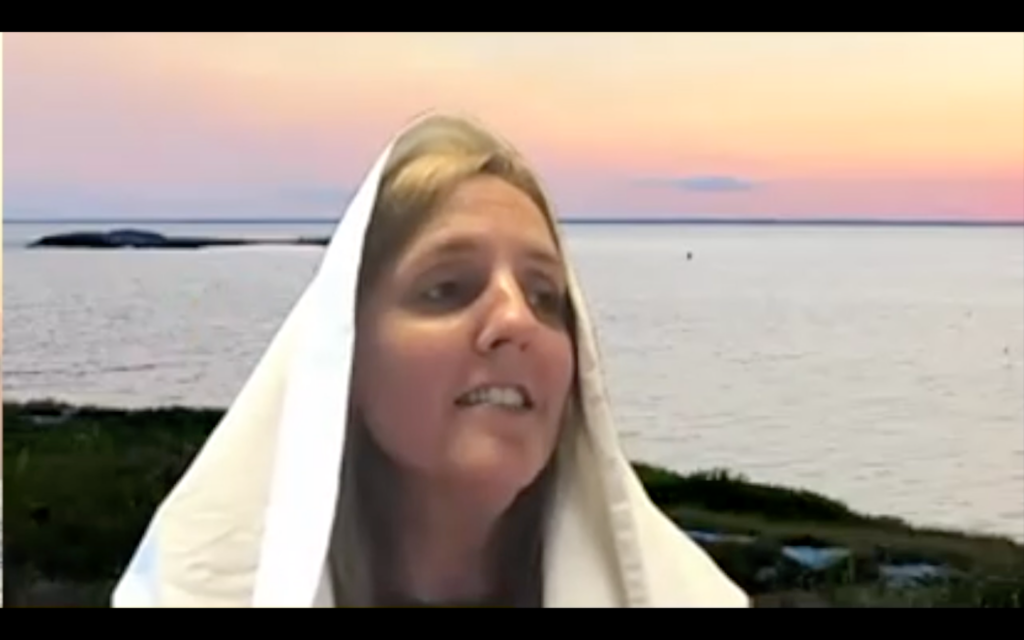
Former president Barack Obama has called the current presidential administration’s response to the coronavirus situation “an absolute chaotic disaster.” (Full quote here.)
Even accounting for some measure of political calculation, hoping to help his own party’s chances in the November election, there’s a lot of truth in what Obama said. For example, look at this bar graph showing the number of cases per country:
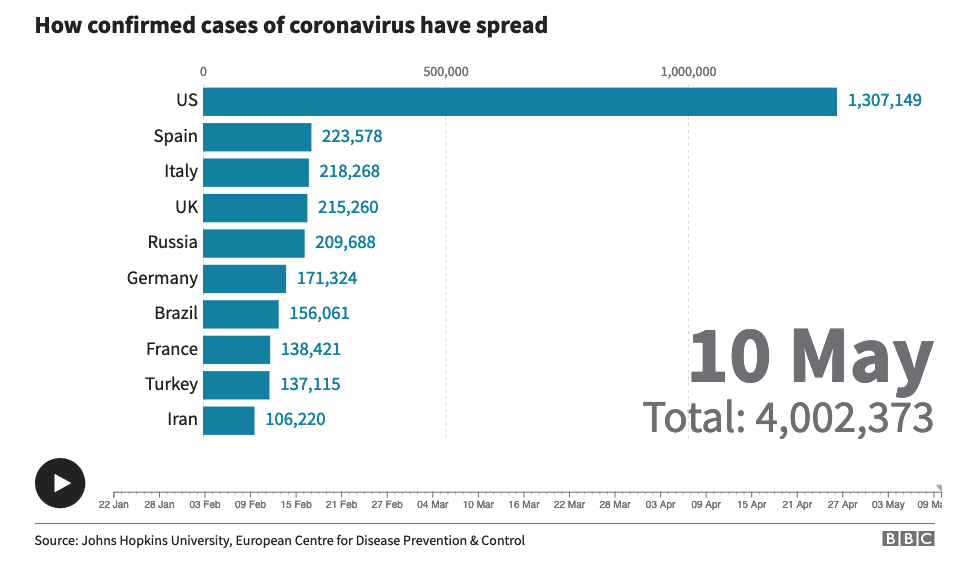
And to quote the BBC: “More than 77,000 people have now died and the US has 1.2m confirmed cases — both by far the highest in the world.”
Just one of those weeks. A few too many things to do at church, a big outside volunteer commitment, plus the ordinary maintenance things that have to be done.
The fifth installment of the Back in Time series:
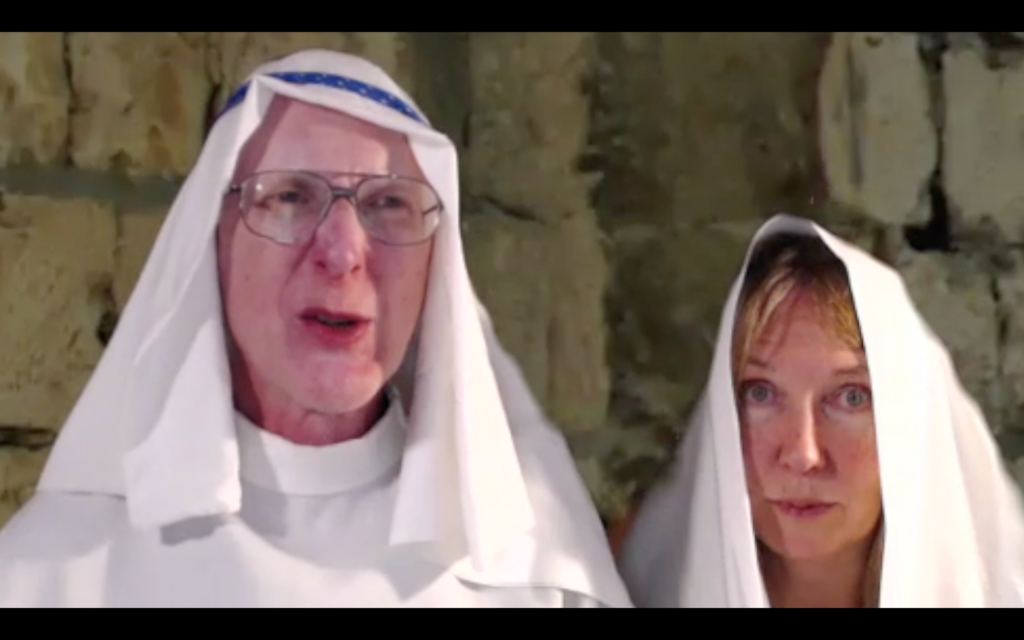
I’m still trying to figure out how best to deliver kid-friendly and parent-friendly religious education during the age of shelter-in-place.
Videoconference Sunday school, using Zoom, works well for some families. For younger kids, the format that works best centers around a story, followed by some kind of activity to go with the story. Middle schoolers tend to want more peer interaction.
But with any age, kids (and parents) who have had enough videoconferencing through school won’t attend. How to reach them? I got feedback from some parents that online videos might be useful, IF they didn’t require parental supervision.
So I’ve slowly been building up a library of on-demand videos that, while not explicitly religious in nature, at some level promote UU values. Here’s some of what I’ve collected on the UUCPA CYRE Youtube channel:
A series of “How To Make” videos, that mostly require easily obtainable materials like scrap paper, scissors, a pencil, and maybe crayons and sticky tape. These videos show how to make things that promote imaginative play and give children a sense of active engagement and agency. With these, my goal as an educator is to move kids away from being passive consumers of online content, towards actively creating their own imaginative lives.
There are several series of read-aloud books. Senior minister Amy Morgenstern is reading aloud the classic book “The Secret Garden.” Children’s librarian and member of our congregation Beth Nord is reading aloud Aesop’s Fables (with help from her stuffed animal friends); a fun way to do moral education. Abby Kingsbury, UU and children’s librarian (and my sister) is reading aloud Alice’s Adventures in Wonderland and Through the Looking Glass; Abby describes Alice as an empowered girl protagonist who questions authority.
But this is very much a work in progress. I’m still trying to figure out how to provide the best content for kids that promotes UU educational values. If you have ideas for content I could create, I’d love to hear them! Or if you know videos created by UUs that I should consider adding to curated lists, let me know: ![]()
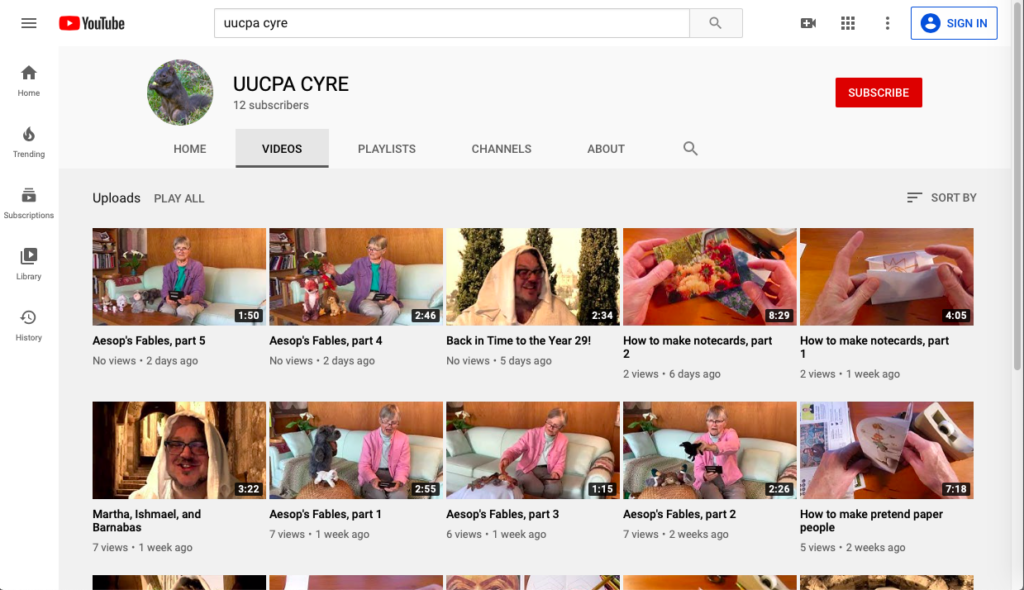
On Monday, Zoom released a major update to the Zoom client. If your church is using Zoom for religious education and services, note that the 5.0 version will be required for all users by May 30, so start reaching out to your congregation now — after May 30, they won’t be able to log in to one of your meetings without upgrading.
If you run kids’ programs on Zoom, you will want to upgrade now. Zoom has plugged some obvious holes that could be exploited by trolls — or by mischievous kids wanting to disrupt a class. Most important, the host “can disable the ability for participants to show their profile picture or change it in a meeting.” Other critically important security upgrades for those of us who do Zoom meetings with legal minors include the ability to embed an audio watermark in recordings (you really don’t want anyone recording minors without parental permission). And there are a few other enhancements to security that will also be helpful to teachers.
The fourth installment of the Back in Time series:
